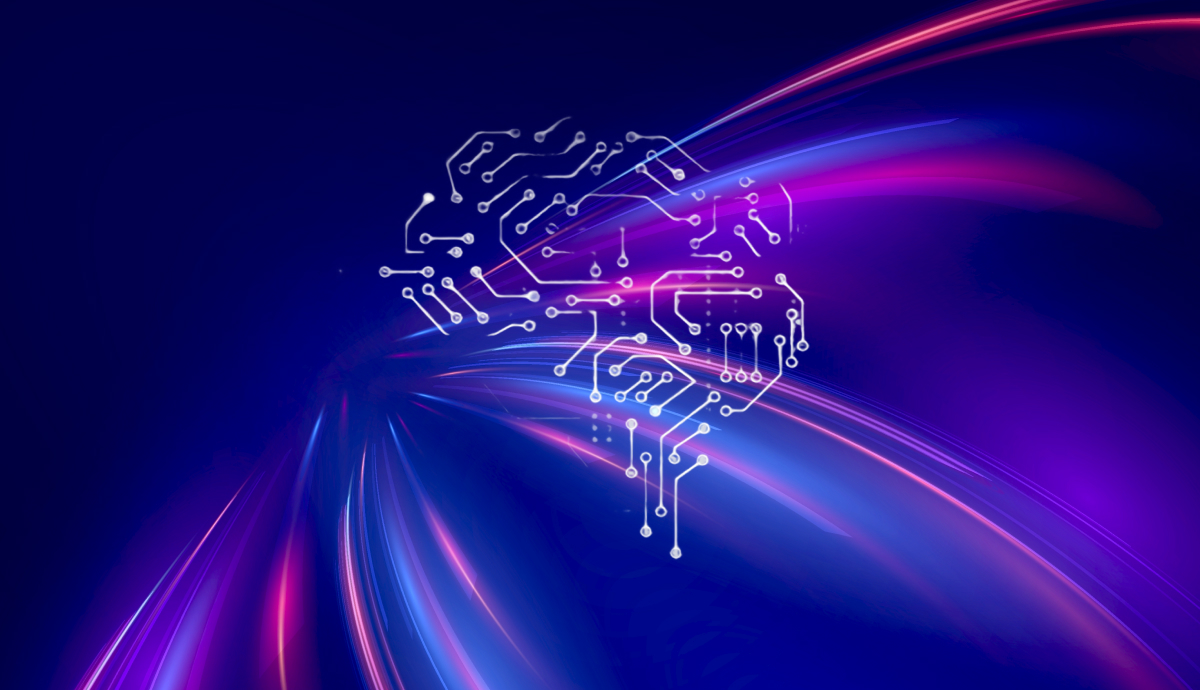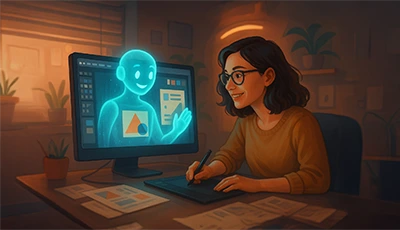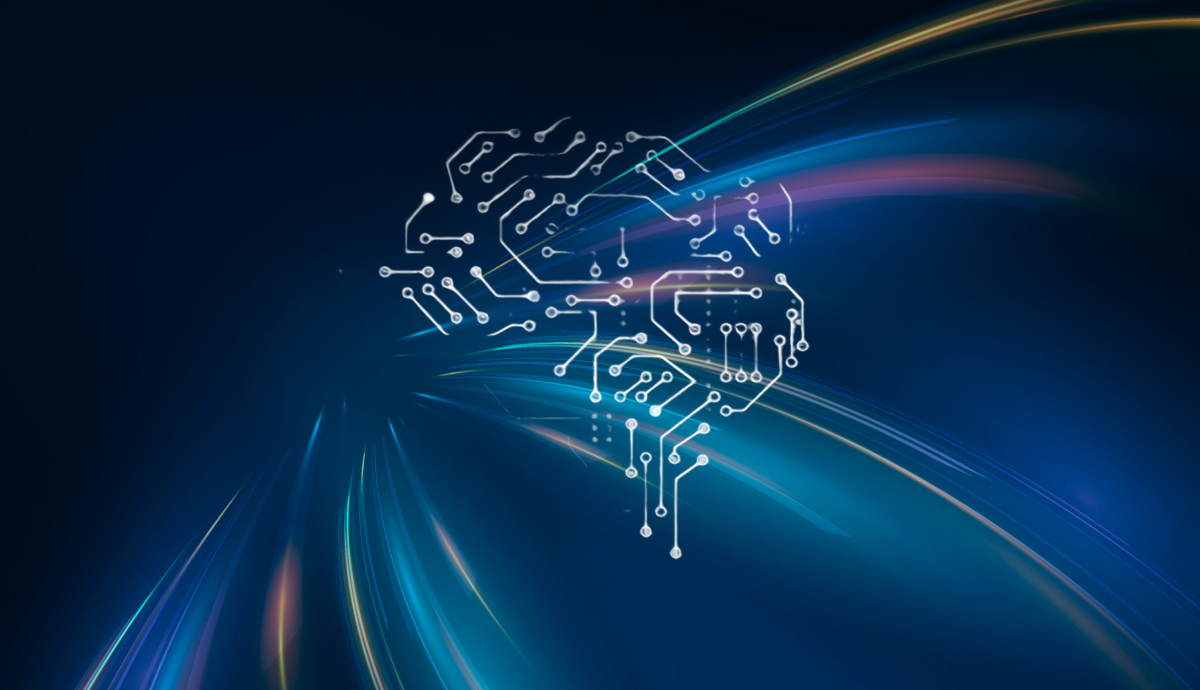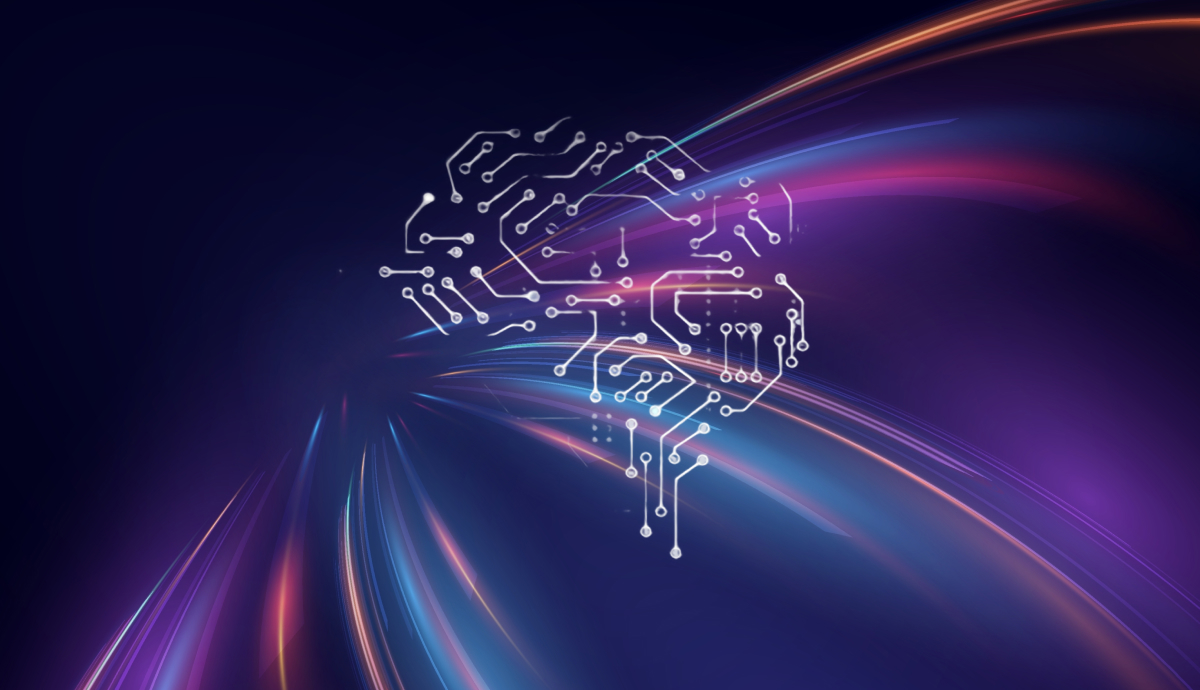Science’s brightest star, famous for his groundbreaking work with black holes and relativity, and author of ‘A Brief History of Time’, Stephen Hawkings, remarked,
“You’re probably not an evil ant-hater who steps on ants out of malice, but if you’re in charge of a hydroelectric green energy project and there’s an anthill in the region to be flooded, too bad for the ants. Let’s not place humanity in the position of those ants.”
He was holding forth on his first ‘Ask Me Anything’ session on Reddit, and was alluding to the potential of AI to overpower humanity.
“The real risk with AI isn’t malice but competence,” Professor Hawking said. “A super intelligent AI will be extremely good at accomplishing its goals, and if those goals aren’t aligned with ours, we’re in trouble.”
And, as we’re mulling over the impact of AI on social evolution of humans, and the concept of agency, lets also turn attention to yet another contentious area – potential impact on future of innovation itself; the same innovation that led us, humans, to build these fantastic tools such as Copilot, and Bard, and MetaAI.
Existing research and thoughts in this area provide ample indication that the ability of these algorithms to deprive us of our agency and deliver the dopamine boosts, is leading to yet another issue that could potentially enslave this race to the likes of VIKI (of I, Robot fame).
Chronic overstimulation of our senses, thanks to the cleverly designed algorithms, particularly in early stages of brain development, seems to carry the potential of increasing the risk of accelerated neurodegeneration during adulthood – early onset of dementia – driven by higher incidence of technology induced IQ decline, learning impairments and mental illnesses.
Researchers have indicated that excessive screen exposure during critical periods of development in Generation Z will lead to mild cognitive impairments in early to middle adulthood resulting in substantially increased rates of early onset dementia in later adulthood. They predict that from 2060 to 2100, the rates of Alzheimer’s disease and related dementias (ADRD) will increase significantly, far above the Centre for Disease Control’s (CDC’s) projected estimates of a two-fold increase, to upwards of a four-to-six-fold increase.
Leave alone the research and hypotheses on the impact on health and its management; but imagine what this could mean for the future of human evolution if a significant part of the population becomes impaired in the area of cognition. Where will this leave innovation, particularly in daunting times when the human impact on earth has left us vulnerable to the forces of nature, making it imperative for us to urgently answer questions that are increasingly existential.
Considering how social media deals in sensory boosts, driving our actions, orchestrated by predictive and prescriptive algorithms, in exchange for information on ourselves and our preferences, likes and dislikes; and how this information has become the currency for corporations to trade in services, and how the profits of these corporations have become drivers of stock market indices and wealth in general, this phenomenon seems to be taking a life of its own, a huge flywheel set in motion, acquiring momentum as it spins.
Sundar Pichai, CEO of Google, while addressing the topic of AI, at the World Economic Forum in Davos, in 2018, had this observation to make –
“AI is probably the most important thing humanity has ever worked on. I think of it as something more profound than electricity or fire.”
He reiterated this again, very recently, at the AI Action Summit in Paris, in February of 2025. Extolling the benefits of technology and AI in particular, he remarked –
“..intelligence is more available and accessible than ever before.”
This phenomenon – of intelligence being available more easily – is indeed a question to be pondered upon. Human brains have evolved by solving very complex existential problems and are the biggest among any being, taken as a proportion of overall size. The brain that is only about 2% of the size of the human body, consists about 20% of the overall energy consumed by the body. The high energy consumption, relative to size, makes brain a candidate for natural optimization, the way body deals with organs that are deemed non-essential, (think Appendix!).
Neuroscience says that the human brain that grew in size over the course of thousands of years, is already in a state of decline in tandem with the evolution of technology, though not yet impairing cognition seriously. However diminishing functions, passed through generations, certainly has the potential to roll the clock back, albeit surreptitiously.
Who’s postulate will eventually come true- Stephen Hawking’s or Sundar Pichai’s? Jury will be out for several years, and decades too, but will we know when it happens, or would we have been habituated to an existence where we rely on a machine for intelligence ?








